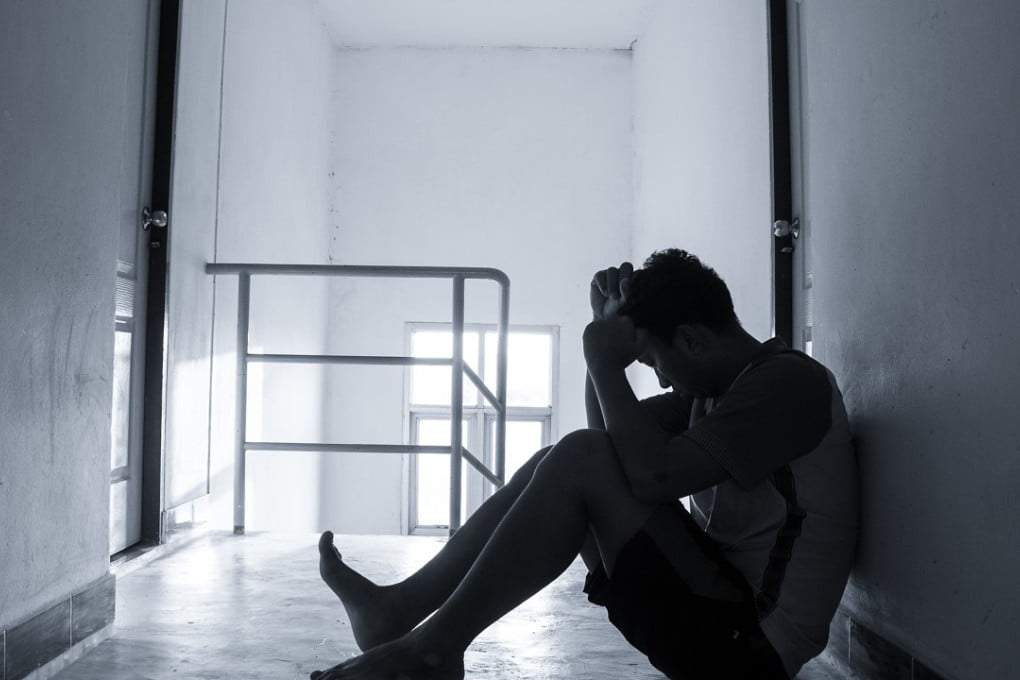After death of Canto-pop star Ellen Joyce Loo, Hongkonger with bipolar disorder speaks up about mental illness to raise awareness
Her eight-year battle is waged in city where number of those who suffer is said to be vastly underestimated and a long-standing stigma persists

Kat Wong (not her real name) was only 14 years old when she first experienced extreme mood swings: she would become hyperactive one day and very emotional the next.
Her parents thought she was going through puberty. It was not until months later her mother realised something was off.
“I had lost all interest in doing anything,” Wong, now 22 and working in a pet shop, recalls. “I could not find the motivation to get up in the morning. All I wanted to do was literally stay in bed all day, so I did that to get out of school, including faking being sick.”
It has been eight years since she was diagnosed with bipolar disorder, a brain condition that causes unusual mood and energy shifts. Since then, she has been waging a long and lonely battle that has involved many relapses and several attempted suicides that left her in hospital.
The singer-songwriter was suspected of having jumped to her death from her Happy Valley residence last Sunday. She was 32. Police investigations revealed there were no suspicious circumstances surrounding her death.